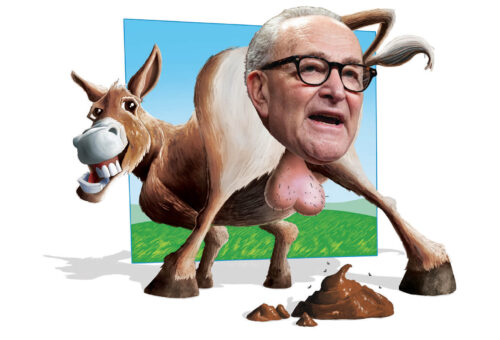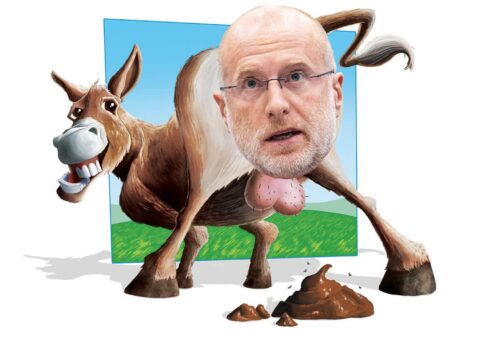Hitler Happens
Donald Trump is not Adolf Hitler. Not yet, anyway. Hopefully Americans are collectively smart enough not to ultimately fall for his divisive message of hate. But enough Republicans have fallen for it that we ought to ask ourselves, How can so many in a major political party be drawn to someone so dangerously lacking in the skills required for mayor of Palookaville, much less President of the United States?
For most of my life I’ve heard this question raised: How—in a well-educated, culturally advanced country like 1930s Germany—could a Hitler rise to power? It wasn’t a Third World nation where a strongman could take over by brute force. The people elected Hitler—and celebrated as he promised to make Germany great again following World War I.
New research by Matthew MacWilliams, a Ph.D. student at the University of Massachusetts Amherst, suggests why certain voters support Trump: authoritarian tendencies. Since the rise of Nazi Germany, authoritarianism has been “one of the most widely studied ideas in social science,” he says.
Based on a sampling of 1,800 registered voters, MacWilliams discovered that “education, income, gender, age, ideology and religiosity had no significant bearing on a Republican voter’s preferred candidate. Only two of the variables I looked at were statistically significant: authoritarianism, followed by fear of terrorism.”
























